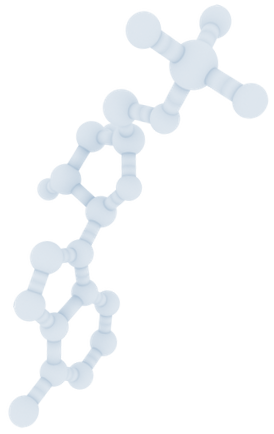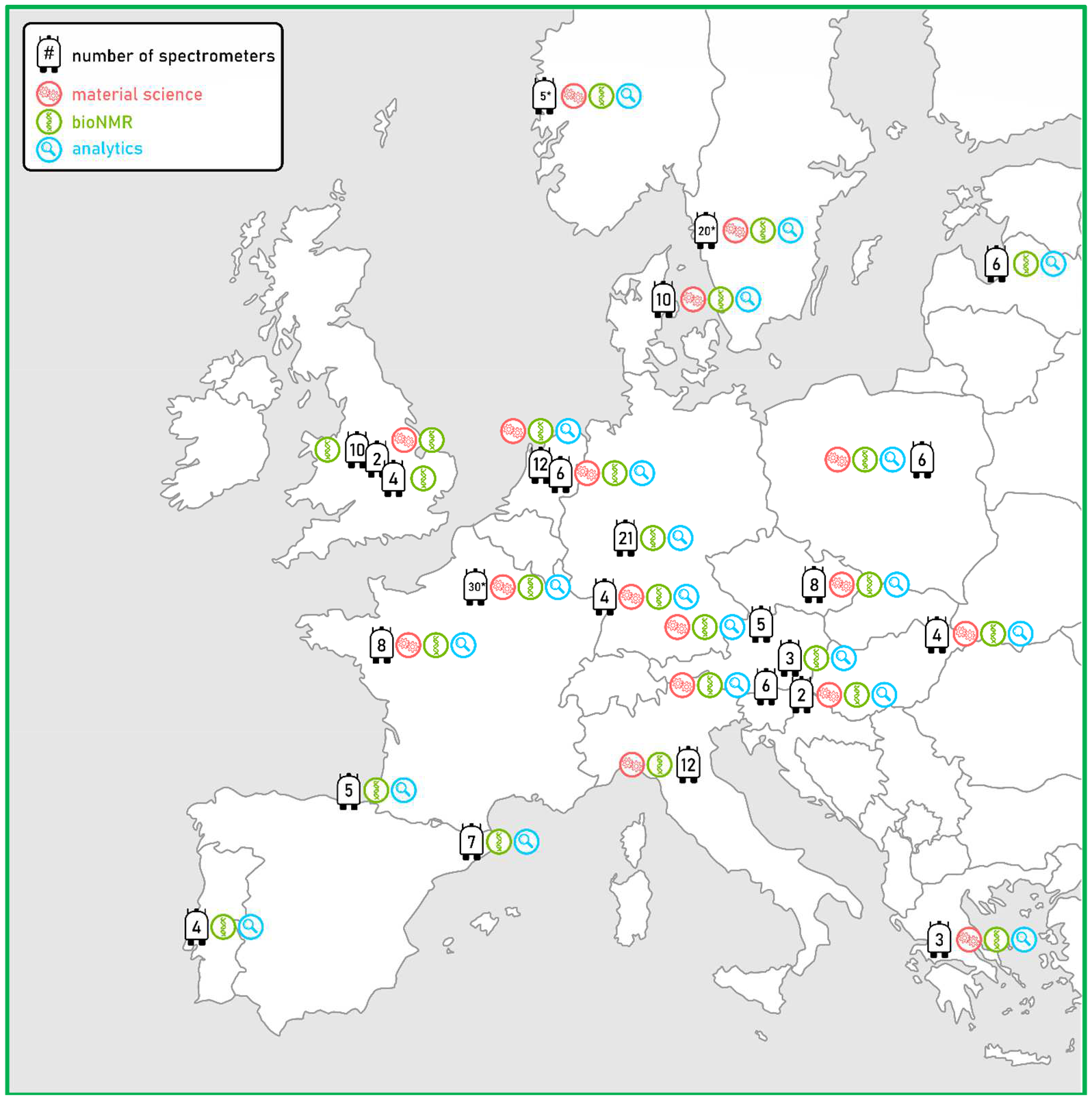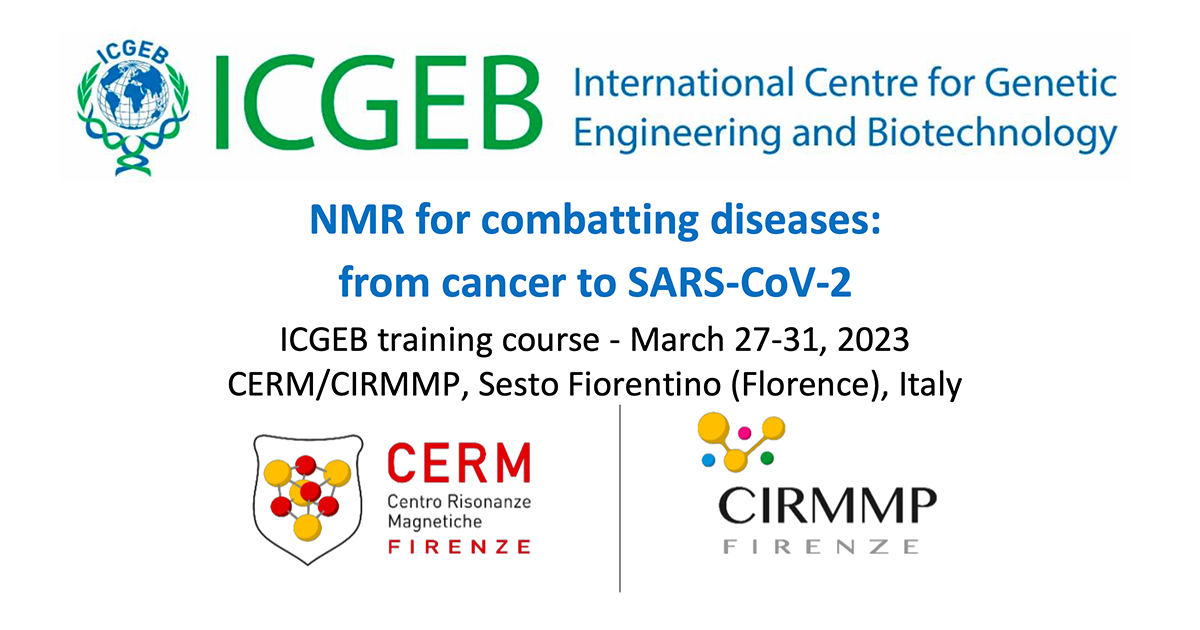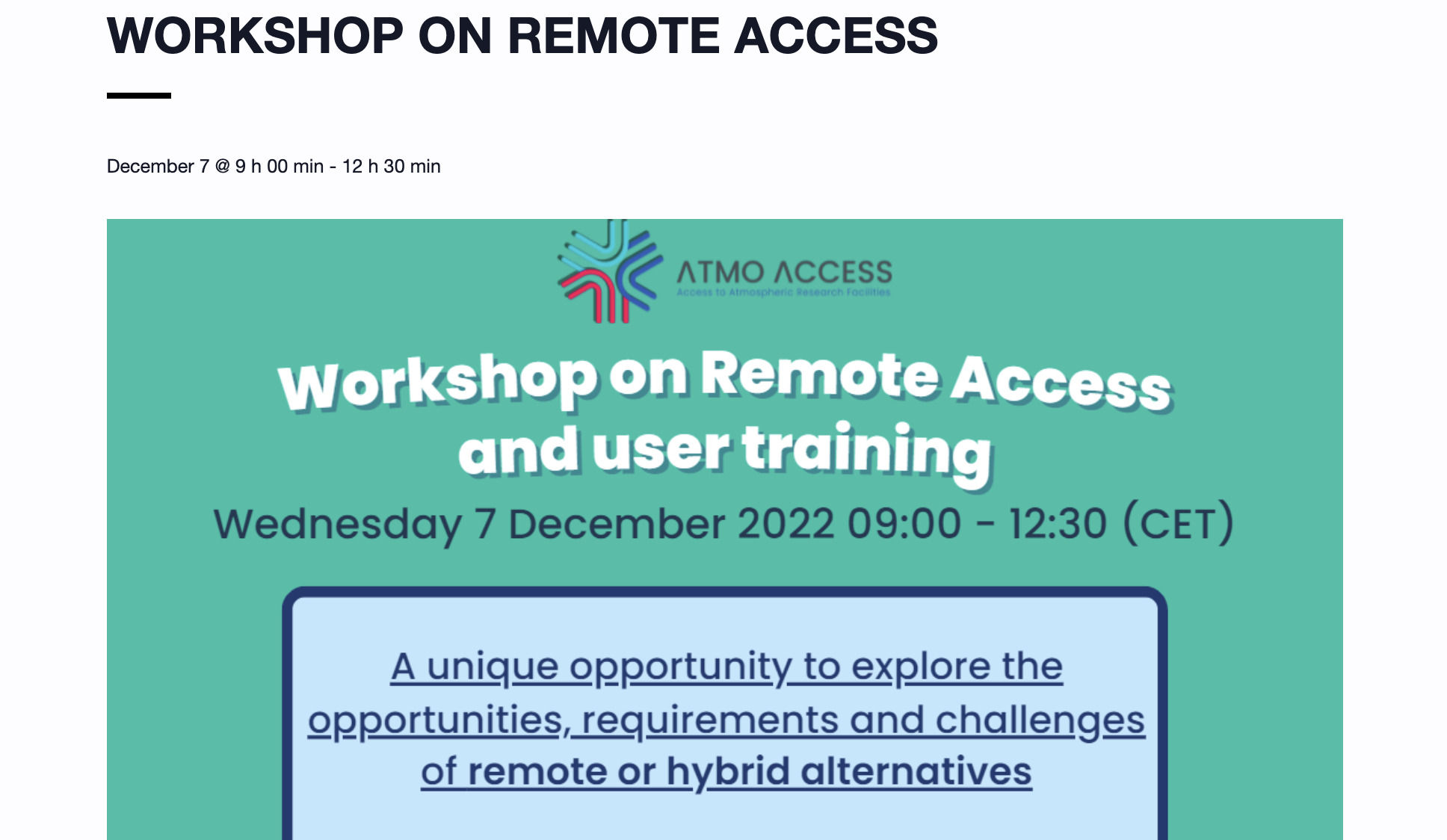Remote NMR (R-NMR)
Moving NMR infrastructures to remote access capabilities
NMR, remote acces, sample shipment, CO2-monitoring, data archiving, remote teaching
Abstract
Nuclear magnetic resonance spectroscopy (NMR) is one of the major analytical methods applied in all chemical, physical, biological, and medical sciences.
NMR’s leading role stems from its analytical power in terms of molecular resolution, quantification,
reproducibility, and broad application envelope. It requires sophisticated and expensive equipment, operated by scientists with diverse background ranging from service-oriented researchers to highly trained experts. The aggregated capital investment in European NMR facilities, operating at local, national, and European level, exceeds 500 Million Euro. The NMR community maintains excellent networking between sites and serves a broad community within the focal points of European research interests.
With the application Remote-NMR (R-NMR), we wish to establish remote access for all NMR users throughout Europe. While routine NMR applications are routine in every university and in industry, more specialized applications are performed in dedicated research infrastructures offering access and help to local and outside users.
During the pandemic, NMR infrastructures slowed down their operations to variable degrees, and particularly access by remote users dropped significantly, raising the need to establish standardized procedures for remote access to improve their resilience to adverse external factors.
Objectives
Nuclear magnetic resonance (NMR) spectroscopy is a standard analytical method indispensable in Chemistry,
Biochemistry, Physics, Material sciences, Geology and Medicine.
It serves as the gold standard for the quality control of chemical compounds, (polymeric) materials, and biological molecules including proteins, DNA and RNA. NMR spectrometers are not only installed in all Universities throughout Europe but also in all chemical and pharmaceutical industries. Both in academia and in industries, access to NMR equipment is centrally organized in infrastructural units (infrastructures) due to the high costs of capital investments, the level of specialization needed to exploit all aspects in NMR and technical expertise required to maintain and improve the capabilities of NMR. These physical infrastructures differ widely in terms of their instrumentation and user base, but centralized walk-in access to these facilities is the common standard.


Overview of distribution of partners through Europe. Number of spectrometers and research areas are given according to the symbols, national consortia including several facilities are indicated by a * behind the number.
Figure summarizes the broad distribution of participating infrastructures throughout Europe, the available equipment and the communities that they serve. NMR measurements implement a plethora of different experimental schemes conducted on physical samples. These measurements generate a couple of Gigabyte raw data each, which need to be archived, made available, and analysed, using computational software and hardware.
The infrastructures in R-NMR share essentially the same technological platforms (NMR spectrometers) but cover a very wide range of research fields and application domains, and serve a wide range of different research communities. It is important to highlight that only sharing the same platform makes the development of common good practices and strategies feasible.
News & Events
Publications, Comunication & dissemination activities, upcoming events, NMR news, meetings.
Newsletter February 2024
This is the third newsletter of the R-NMR project. R-NMR aims at organizing the strategies of NMR research infrastructures towards remote access. It is presently collecting information on the experience of facilities during the pandemic. R-NMR has been funded by the Horizon Europe programme since July 2022.” Read More
YouTube channel
Calling all NMR enthusiasts! Join us as we launch our new YouTube channel ( https://www.youtube.com/@R-NMR), where you can stay up-to-date on the latest NMR developments, and watch expert demonstrations! ”
Newsletter October 2023
This is the second newsletter of the R-NMR project. R-NMR aims at organizing the strategies of NMR research infrastructures towards remote access. It is presently collecting information on the experience of facilities during the pandemic. R-NMR has been funded by the Horizon Europe programme since July 2022. READ THE NEWSLETTER
Newsletter, May 23
This is the first newsletter of the R-NMR project. R-NMR aims at organizing the strategies of NMR research infrastructures towards remote access. It is presently collecting information on the experience of facilities during the pandemic. R-NMR is funded by the Horizon Europe programme since July 2022. READ THE NEWSLETTER
R-NMR Remote Access Workshop June 6, 2023
The workshop will be held on June 6th, 2023 (10.00am-12.00pm, CET) and will feature several short talks from NMR facilities who have implemented remote access before/during or since the pandemic.
ICGEB NMR course at CERM/CIRMMP
The ICGEB NMR course at CERM/CIRMMP has an exciting program comprising talks that will both focus on teaching the basic concepts of NMR spectroscopy and on presenting recent highlights in in the field. The contribution of external experts will enrich the training program. To stimulate interactions and foster possible novel collaborations, participants will have the […]
Remote-NMR User Survey Launched
A second survey of the NMR community, aimed at NMR users, was launched on January 8th. The purpose of this survey is to collect data about experiences with remote access to NMR spectrometers from the perspective of the hands-on users of the spectrometers. This follows on from the earlier survey of NMR facility managers; a […]
Remote-NMR (R-NMR): Moving NMR infrastructures to remote access capabilities
Prior to the Covid19 pandemic, the overwhelming majority of NMR data collection was carried out in person at the NMR facility. Due to the lockdown restrictions in many countries during 2020-2021, this access mode had to adapt to allow NMR scientists to continue to collect NMR data. Experiences at many NMR facilities across Europe during […]
R-NMR experts will participate at the eRImote-Workshops on September 21-22
R-NMR experts will participate at the eRImote-Workshops on September 21-22. This workshop will explore remote training for RI users & staff as well as the impact of remote/digital service provision on user interaction and networking.





